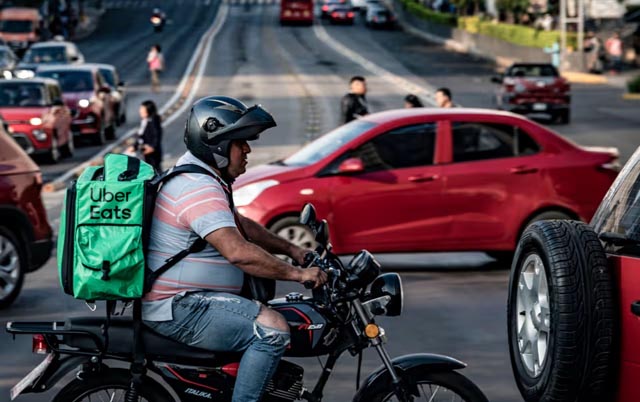News Flash
News Flash

DAKAR, Feb 6, 2025 (BSS/AFP) - Fatima Ba compliments a customer trying on one of her designs -- a stylish silk dress in ochre with a gold motif made from start to finish in Senegal.
The founder of fashion label So Fatoo has made a name for herself in Senegal and beyond producing clothes that are locally made despite the country's struggling textiles industry.
"Oh, it's beautiful!" Ba enthused, as her customer emerged at the boutique in central Dakar wearing the V-necked creation with three-quarter length sleeves.
"Ten years ago, people didn't wear so many locally made outfits," she told AFP, with pride.
Tailor Omar Niang, 51, who makes boubou robes fusing traditional styles and a modern twist, agreed that "Made in Senegal" clothing had become popular.
Locally produced clothes "are very trendy at the moment" and have helped drive his business significantly higher in recent years, he said at a Dakar market.
Dresses, elegant traditional outfits for men, shirts, polo tops, sweaters -- all are in vogue among a clientele generally from the upper middle class.
The popularity of locally produced wear has only grown since the arrival in power last year of President Bassirou Diomaye Faye and Prime Minister Ousmane Sonko, fervent advocates of economic and cultural sovereignty.
In boubous made of west African embroidered bazin fabric, or custom-made with a round collar in a style known as an African suit, the two leaders never miss an opportunity to be seen publicly in locally made outfits.
- Poor returns -
Many Senegalese are following suit, opting to wear local labels at the office, when out and about or at official events.
But producers face hurdles -- taxes are high, and fabrics and clothes imported from abroad make for fierce competition.
Production costs in the west African country are high, while a lack of training hinders the industry and gaining access to finance is also difficult.
Just over 11 percent of private companies are in the textile sector, which is the country's second biggest economic driver behind trade, according to national statistics from 2017.
However, the textiles industry also has the lowest economic performance, making just 1.2 percent of overall company turnover, the report by the National Statistics and Demography Agency showed.
The price of fabrics can be costly, and many people grumble that the quality is not up to scratch, prompting their preference for foreign products.
Prices at So Fatoo vary between 30,000 CFA francs ($47) for a sweater and up to more than 300,000 CFA francs ($470) for a formal dress.
In a country where the average wage is $85 a month, the clothes "are mostly aimed at a wealthy social class", acknowledged Ba, the designer.
While it is easy to source fabrics for traditional outfits, the market is still in its infancy when it comes to manufacturing comfy wear like jeans and T-shirts.
That is down to a lack of supply but also weak technical ability among other things, Ba said.
Senegal is a cotton producer and was once known as an industrial hub for textiles, but the industry crumbled in the 1980s following the collapse of world cotton prices.
Aissa Dione recently set up a machine-run production unit for fabrics, as well as a craft workshop.
But on a recent visit, just two of the four machines, all old models, were fully operational, winding out lengths of fabric at the unit in a dusty outlying Dakar neighbourhood, strewn with abandoned cars and rubbish.
- Second-hand dominance -
Around 30 metres (yards) of fabric are produced a day at the unit but it is a drop in the ocean compared to what it could be turning out, said Dione, who has worked in textiles for 30 years.
"Senegal produces very good quality cotton but is unable to transform its raw material. It's paradoxical," she said.
Industrialisation is the "only solution for obtaining our sovereignty" in textiles, Dione stressed.
In a bid to breathe life into the sector, the new authorities relaunched in July last year an old textiles production factory in the central Kaolack region.
They also recently said they wanted in future to ban the import of second-hand clothes, a business which provides work for many Senegalese.
But with thousands of tonnes of the much cheaper cast-offs coming into the country every year, the announcement has caused an uproar.